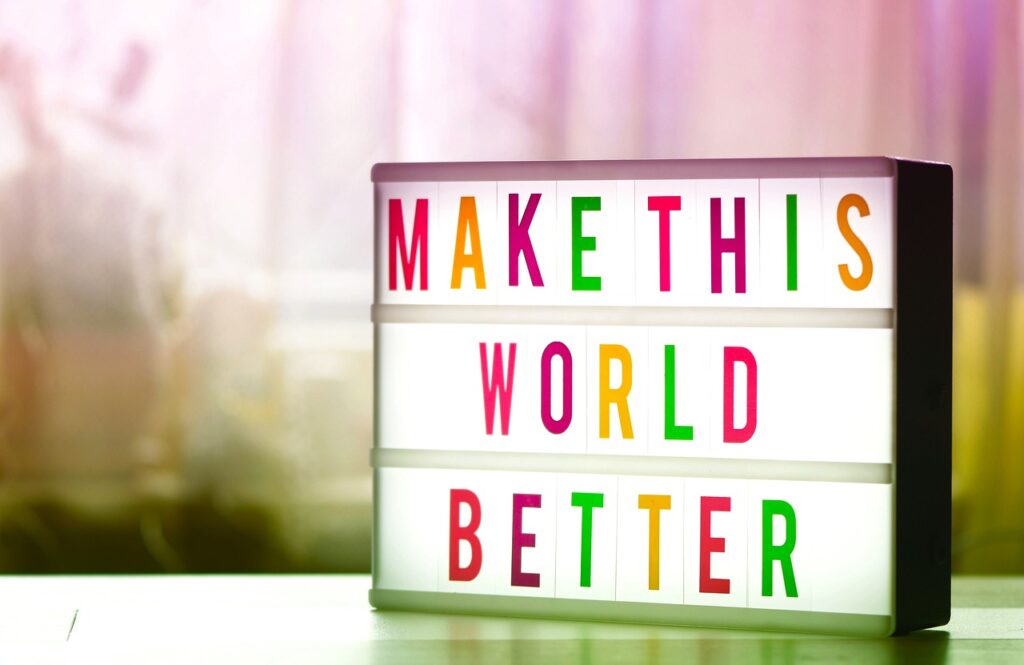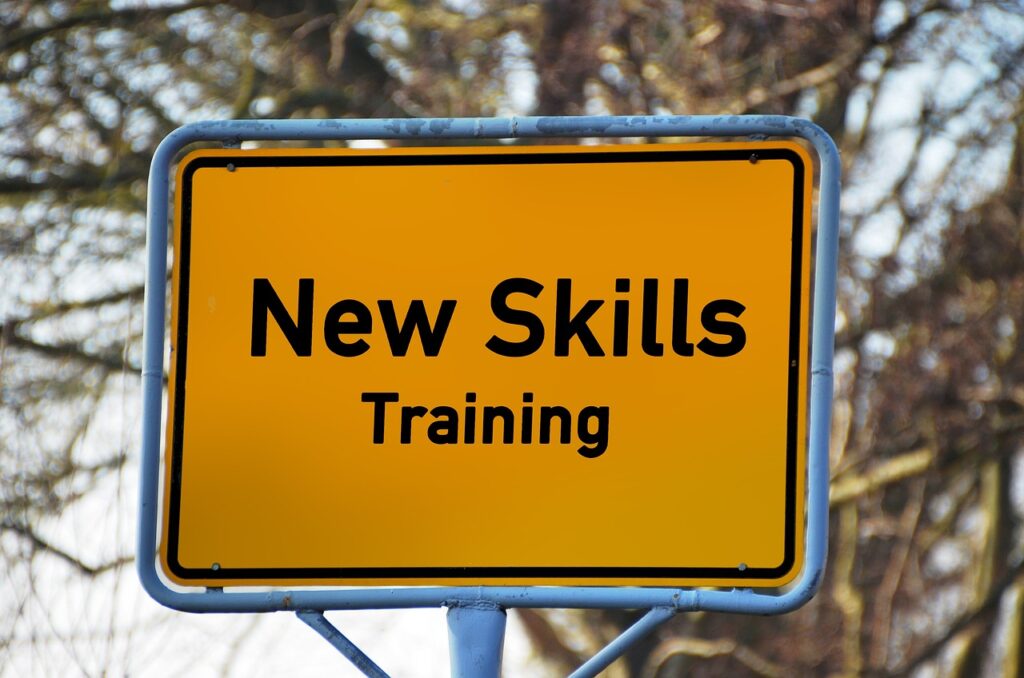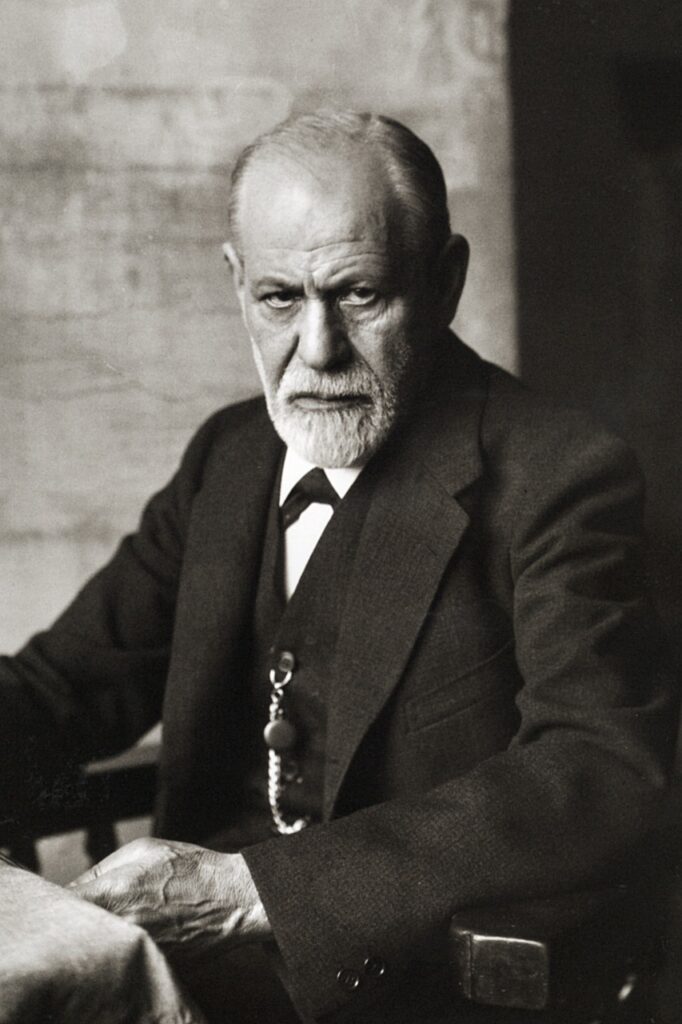Are you a seasoned therapist who is feeling the desire to continue to improve as a therapist? Or maybe you are a new therapist who is trying to digest as much research as you can in order to show up best for your clients. Where do you turn to get resources for doing so?

This conversation has always intrigued me. Since day one I’ve always been taught that the greatest predictor of client success in therapy is a safe and caring relationship with the therapist. While the actual evidence-based therapeutic approach is secondary.
Even though we know that concept, it still seems as though we spend most of our time learning the protocols for specific therapeutic strategies and theoretical orientations. While little time is spent talking about how to build trust and safety with clients.
I’ve always felt like there has been this massive disconnect in training and content around how to actually improve as a therapist. That’s what we are going to discuss in today’s article!
Introducing Daryl Chow
I discovered Daryl Chow recently and read a bunch of his blogs and watched many of his videos. He is a psychologist with a prolific amount of research and writing about how to improve as a therapist.
I thought it might be interesting to take a look at some of his articles together.
As I was reading through his blogs, I felt my feathers get ruffled at moments. I think that’s a good thing. A lot of the ideas that he presents are not ideas that go along with what we are typically taught. It could feel like he is intentionally trying to ruffle feathers, but I think he’s just trying to present data.

So when you feel your feathers starting to get ruffled, respond to those thoughts with compassion. Mull over those ideas and assess if they really could make sense or if it’s total BS.
Professional Development Wastes Our Time
The first article that I read by Chow was called, “Signs That Therapists Are Barking Up The Wrong Tree In Our Professional Development”.
He starts by saying, “I’m going to re-look at some deeply held truths we were taught to believe about professional development in the field of psychotherapy. Actually, if these truths are closely examined, they are perpetuated lies.”
Chow goes on to give some evidence that the wrong goals are being pursued in professional development.
His list of evidence is presented as bullet points, so there are limitations to how much we can infer from each one. But I think you’ll see as we go through the signs that there is a consistent theme. The theme I see is: feeling like we’re offering beneficial therapy or learning something does not equate to better outcomes for our clients.
Here are some of his examples:
“1. We think that being in a state of flow means we are experiencing deep learning.
2. We equate feeling benefit from clinical supervision as actual learning.”
Get Ready For Some Discomfort
His third idea might ruffle some feathers:
“3. We think that we can get better by engaging in deliberate practice within particular schools of psychotherapy.”
Isn’t this what we are taught?! We are told to deliberately practice a CBT structured protocol, or an EMDR protocol. We do this because we think it will help us to improve as therapists. Right? If you are feeling a little aggravated, remember I warned you.

Chow goes on to say, “4. We think PD/CEU activities (trainings, workshops, seminars) are going to get us better as a therapist. 5. We conflate learning and performing.”
So we think that by learning a bunch of stuff that means that we are going to perform better as a therapist.
His sixth piece of evidence is, “6. We amass content knowledge in specific areas and fail to deepen our interpersonal skills.”
When I read this one, I was thankful that someone finally said this aloud! From my perspective, I feel like there are some therapists who are “experts” at a particular protocol but lack interpersonal skills. This has generally been a perspective that I hold.
I felt this way when I learned about Sigmund Freud. He is known as the father of psychoanalysis. But, when I hear about Freud’s character, it sounds like he was a terrible person to hang out with.

Now, not everyone is like Freud. But, many times the experts who are coming up with protocols and developing theories are not interpersonally savvy. And they’re probably not the most fun people to be around.
Master Therapists & New Techniques Aren’t The Key
The next two pieces of evidence Daryl Chow provides are: “7. We watch master therapists in action and try to emulate them. 8. We pursue what’s new.”
I think there is something to the 7th point he makes. We can feel that we don’t necessarily have our own capacity and therefore we should emulate someone else. Or, if we have a more confident mindset, we might acknowledge that someone else is the expert and that we could learn from them and be better if we emulate them. But this may not necessarily reflect better outcomes for our clients.
The 8th point reminds me of types of “fad therapies”. I’m not going to name any names here. But, you may have seen a few therapists in your circle getting into new therapeutic techniques and felt like you have to hop on board in order to stay relevant.
Or maybe you feel like you have to keep up with the latest trends to be the best therapist or attract clients. And this is not necessarily true. If you are interested in the new thing because you want to pursue the new thing, by all means, go for it! But, learning the new “thing” is not necessarily going to be the factor that makes you a better therapist.
You’ve Never “Arrive”
Chow goes on to say that in the category of experience, “9. We fail to distinguish between clinical experience and skills acquisition and maintenance. 10. We think client feedback is going to help us better as a therapist. 11. We say that clients are our best teachers. 12. We think that once we amassed enough confidence in our practice, we get into flow states easily, and start to believe that we have arrived.”
After reading the 12th point, I could sense that that was me! I’ve been doing therapy for 15 years. I feel confident in the areas that I specialize in and get into flow states with my clients quite easily.
I’m assuming that Chow thinks that someone like me, who is feeling confident in the work that I’m doing, might get complacent. Maybe he feels like that level of comfortability would prevent us from bettering our skills and therefore dull our effectiveness.
The More Clinical Hours The Better? Think Again.
There’s another article that Daryl Chow wrote titled, “Clinical Practice Vs. Deliberate Practice: Why Your Years Of Experience Doesn’t Get You Better”.
His article is built on some of his research that compares top-performing “super shrinks” and lower-performing therapists. He looks into what sets those higher-performing therapists apart.
A takeaway that he has from his research is that we need to get away from confusing clinical practice with actual learning.
Clinical practice includes the time we are sitting with our clients doing the work. Sitting in our office while we do clinical work with our clients is the actual work of therapy. But it’s not the same as practicing, learning, and getting better.
I like how he phrases this at the end of the article: “Do not get confused when you work hard at your clinical practice as a short-hand for working hard at deliberate practice…clinical practice is what you do in-sessions; deliberate practice is what you do before-and-after sessions…You learn all that you can, and when you enter into the therapeutic realm, you let go of all of that. Let you and your client get entranced by the meeting of minds.”
Therapy Is Like Jazz

I found a video from the Science of Psychotherapy that was an interview with Daryl Chow.
During the interview, one of the interviewers made a comment that deeply resonated with me. There is kind of an ongoing debate about whether therapy is a science or if it is art-based. One of the interviewers, Richard Hill, compared therapy to jazz music.
To be the best therapists we have to be technically on point so that if/when it makes sense to weave around the protocols we know exactly what we’re doing. We know exactly how we’re deviating from what we’re taught and why that might be useful to a particular client. It’s strategic, even in the artistry of it. I thought this idea was really powerful.
Want More From Daryl Chow?
I haven’t read this yet, but I hope to check out a book co-authored by Chow. The book is Better Results: Using Deliberate Practice to Improve Therapeutic Effectiveness. (affiliate link)
Hospitality Can Make You A Better Therapist
As I mentioned at the start, the relationship we build with a client is a marker for success. One way to make clients feel more safe is to focus on creating a hospitable environment. I have an article that lists 12 ways to show hospitality as a therapist.
Thanks for joining me as I journeyed into some new ideas on how to actually improve as a therapist. I hope you found these ideas and thoughts helpful, and gave you something to chew on.
And until next time, from one therapist to another: I wish you well!
-Marie
Photo by Susanne Jutzeler, suju-foto on Pexels
Image by Welcome to All ! ツ from Pixabay
Image by Gerd Altmann from Pixabay
Photo by Victor Freitas on Pexels
Leave A Reply